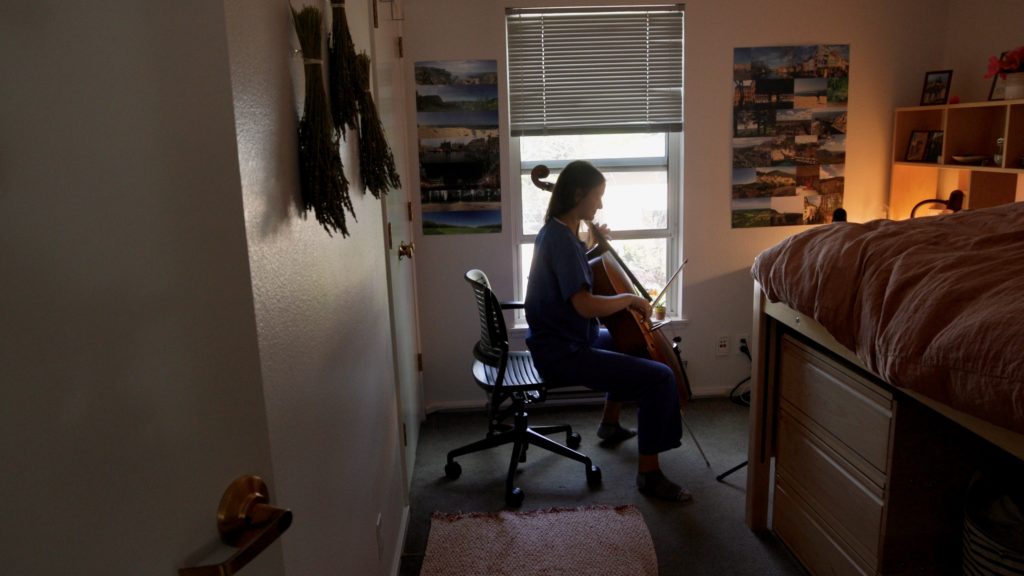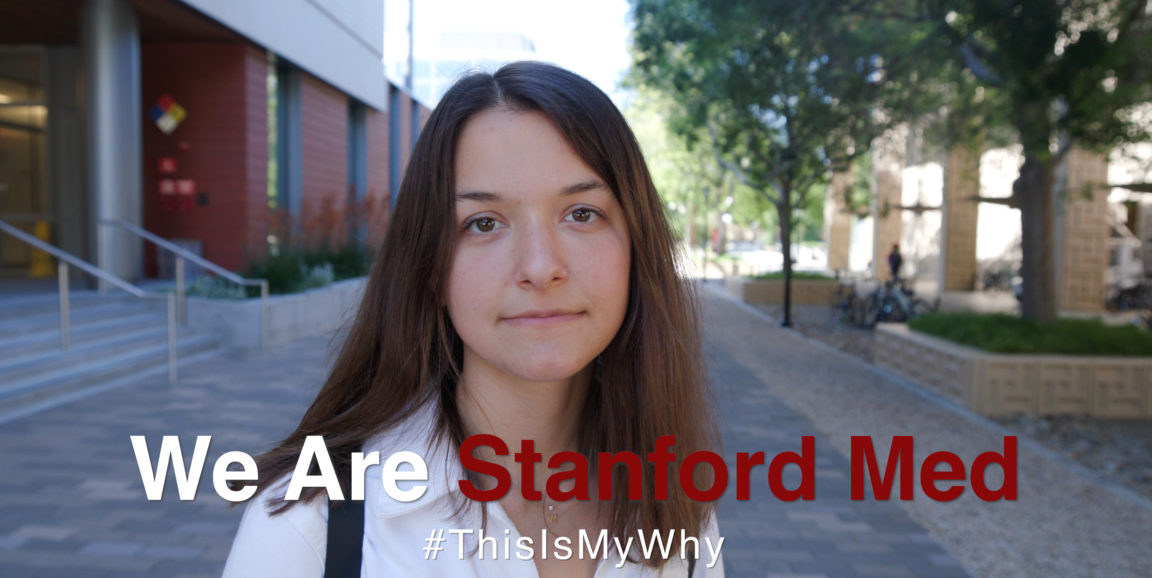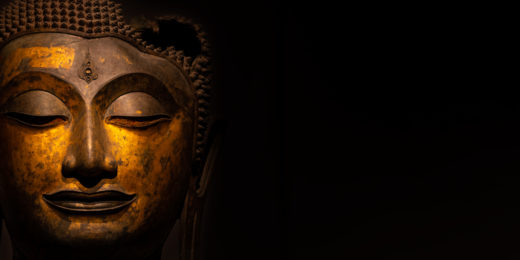They're students, clinicians, scientists and researchers. They're also artists, influencers, patients, scholars and advocates. They hail from all over the globe and come to Stanford Medicine carrying big ideas and dreams. With passions that stretch beyond the lab, classroom and clinic, they share their "why" as they pursue science and medicine.
Music runs deep in the veins of Melanie Ambler. Her mother teaches piano to elementary school kids, and in the living room of her childhood home in Connecticut sits a harp that belonged to her grandmother, a musicologist who founded Yale University's Oral History of American Music. Next to the harp is the baby grand piano of her great-grandmother.
Ambler, now a Stanford School of Medicine student and an aspiring physician-artist, played the cello for her grandmother as a young girl. "My grandmother really supported all the music that I was doing. I would bring my cello to her house starting at age 8, just sharing what I was learning and playing for her."
"Music is my escape. It's where I feel solace," she said. "It provides me with a sense of grounding and comfort that I don't get anywhere else in my life."
Alongside her early love of music, Ambler naturally gravitated to science. In high school, she was fascinated by biology, physiology and genetics, and that enthusiasm for science sparked an interest in medicine. During her junior year, her high school offered an emergency medical services certification course for which students volunteered at firehouses and helped respond to emergency calls. "That was the first direct thing that I did that was really medical and exciting," she said.

That same year of high school, Ambler started taking notice of her grandmother's Parkinson's disease symptoms. The music lesson visits grew somber as Ambler witnessed her grandmother develop a tremor and difficulty walking.
The meld of music and medicine
Ambler attended Brown University, where she was able to explore her many interests in science, music, foreign language and art. But it wasn't until she took a class called Artists and Scientists as Partners that she considered combining science and art for herself in an academic setting. The class came at an appropriate time in her life, Ambler recalled. It explored how dance could promote movement for people with Parkinson's disease.
"That was when my grandmother was beginning to decline. It was really inspiring to learn about some kind of art that could improve her mobility." The class and the experience of seeing her grandmother with Parkinson's fueled her dual passions in music and medicine. Her grandmother passed away in 2019.
After graduating from Brown, Ambler spent a year in France as a Fulbright scholar, researching the effect of music on patients with neurodegenerative conditions such as Alzheimer's disease and Korsakoff syndrome.
In 2021, she started medical school at the Stanford School of Medicine, but even through her rigorous studies, she's continued to weave in her love of music. For instance, through programs like Stanford Medicine's Medicine & the Muse, which integrates the arts and humanities into medical education, students are able to take elective classes in art, attend writing retreats or participate in open mic nights.
"I've found that there are lots of opportunities for students to express themselves and continue their creative practice while navigating the rigor of medical school." For Ambler, that means that every Wednesday, a day off for Stanford medical students, Ambler holds virtual concerts on Zoom, playing cello for critically ill patients. She and Tim Amass, MD, a pulmonary critical care physician and her former mentor at Brown started this program during the pandemic for his patients at the Veterans Affairs Hospital in Colorado. Their program is now merged with the non-profit Project: Music Heals Us, which has just recently signed a contract with Stanford Hospital to provide virtual concerts for their patients. Ambler is on a research team at Stanford assessing the impact of these concerts.
Does Ambler think art and music will help her become a better doctor? Absolutely. "I've noticed the things that make me a good musician are things that directly relate to how I might interact with patients or approach how I study medicine," she said. "The qualities required to excel in music or art are the very ones that are also crucial to success in medicine -- dedication, attention to detail, discipline, and communication. Those translate really beautifully into being a human-centered provider."
Watch the rest of the We Are Stanford Med series here.
Photo by Luceo






